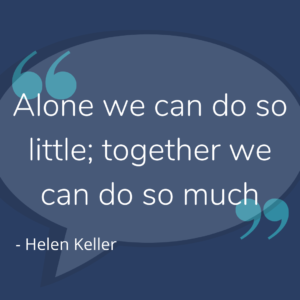Introduction
We are grateful to everyone who has supported the birth and development of this journal. The Opening Editorial (Issue 1) provides a full introduction to this publication. Here we summarise.
KEYWORDS
Disability, Human Rights, Social Movements, Policy, Professional Practices, Access, Inclusion, Participation, Welfare, Wellbeing, Advocacy and Transformation.
Aims and Scope
This is a new international and interdisciplinary journal in the field of Disability Studies. We publish cutting-edge scholarship and research by authors concerned with challenging injustices relating to disability and building inclusive societies.
Articles are between 7-10,000 words. We welcome articles by independent researchers/scholars.
We understand Disability Studies to include Critical Disability Studies, Ability Studies and Studies in Ableism. We are keen to explore the connections between Disability Studies and allied fields including Deaf Studies, Mad Studies and Critical Autism Studies.
We also recognise the importance of work at the intersections of critical perspectives including, but not limited to Disability Studies and Black, Indigenous, Postcolonial, Gender, Transgender and Sexuality Studies.
This Journal is interdisciplinary but, given its focus on social justice, we envisage that many contributions will draw upon ideas developed in the broad fields of (indicative list only):
- Socio-Legal Studies and Human Rights
- Critical Sociologies
- Political Science
- Social and Public Policy
- Philosophy/Ethics/Theology
- Radical/Critical Social Work, Health and Psy- Sciences
- Inclusive Education
- Critical Management/Business Studies
- Inclusive Design
Global Readership
Authors are encouraged to ensure that their articles are of interest to an international audience and advance knowledge and learning beyond national contexts.
Special Issues

The Journal will have Special Issues. The first will be published in 2023 and will focus on Independent Living.
Widening Access
Open Science
We are delighted to announce that this journal is Open Access. There will be no fees for authors to publish in this Journal.
Our publishers, Pluto Journals, have worked with Knowledge Unlatched to move their complete portfolio of journals Open Access.
We would be most grateful if academics who are readers of and/or contributors to this journal would be willing to ask their University Library to subscribe to Pluto Journals via Knowledge Unlatched. This is an Open Science initiative.
To widen access further, each edition of the journal will be accompanied by Plain English summaries of the full-length articles, suitable for busy-readers or readers for whom English is not their first language. The summaries provide readers with a quick overview of the main findings or argument authors are presenting. Authors are required to produce these summaries.
Please note: Plain English is not the same as Easy-Read. Authors are welcome and indeed encouraged to produce additional Easy-Read summaries, or summaries suitable for children/young people – these will also be made available on this website.

Editorial Model
The Journal’s Editorial Executive and Editorial Board brings together highly-distinguished researchers from over 20 countries and multiple disciplines (Law, Sociology, Political Science, Social Policy, Education, Social Work, ‘Critical’ Health and Social Care, Assistive Technology). We will strive to provide careful, collegiate reviews in a timely manner. We will provide mentorship of/for Early Career Researchers new to review and editorial processes.

